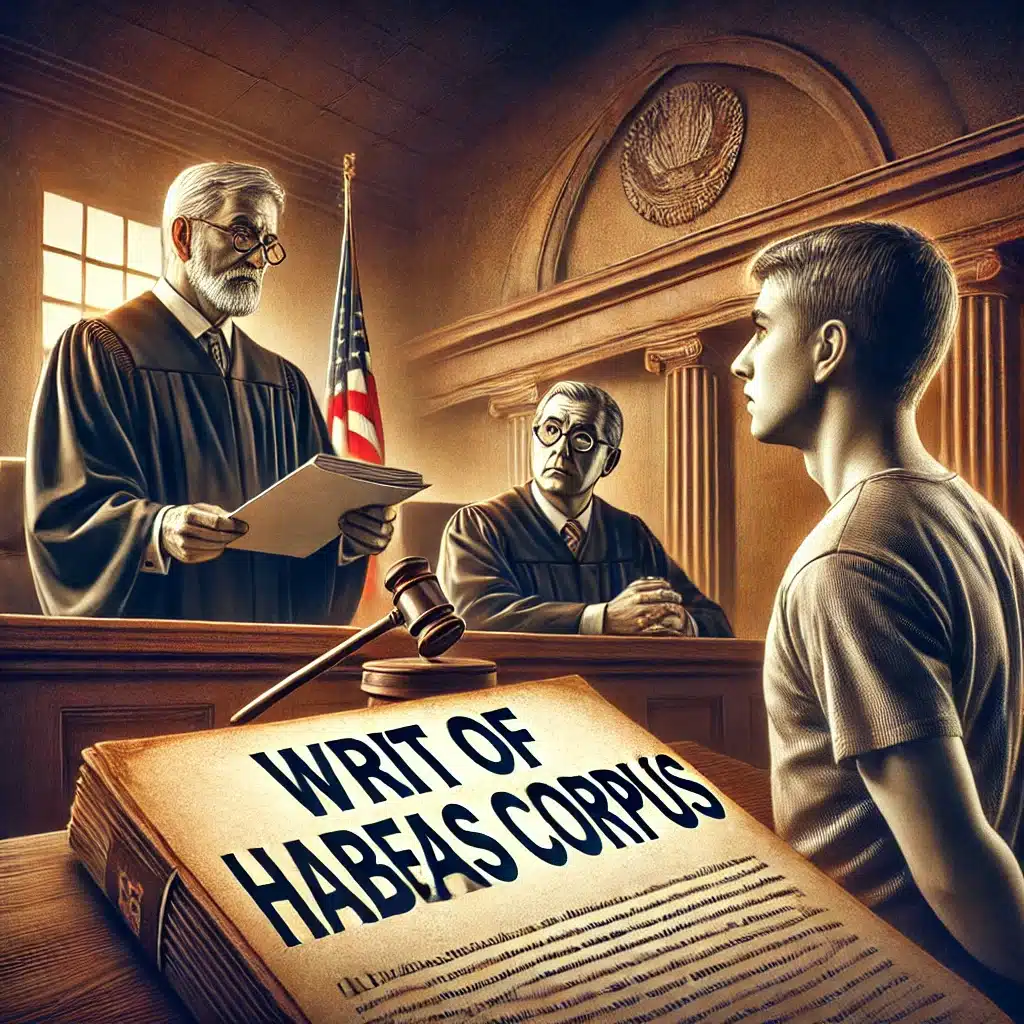Understanding the Duty of a Post-Conviction Legal Representative in Looking For Justice After a Criminal Sentence
In the complicated landscape of post-conviction legal procedures, the role of a post-conviction attorney is pivotal in browsing the course to justice after a criminal conviction - west virginia federal habeas corpus attorneys. As the search of justice prolongs beyond the confines of initial proceedings, the duty of a post-conviction legal representative arises as a sign of hope for those seeking to correct injustices and redeem their legal rights within the lawful system.
Post-Conviction Attorney's Investigative Work
Post-conviction attorneys engage in thorough investigatory work to reveal new evidence, step-by-step errors, or transgression that might potentially bring about reversing a conviction. This investigatory phase is crucial in the post-conviction procedure as it aims to recognize any type of overlooked information or legal mistakes that may have influenced the result of the first trial. Post-conviction lawyers explore situation documents, witness statements, and lawful paperwork with a fine-tooth comb, looking for any type of discrepancies or abnormalities that can be grounds for allure.
Via comprehensive investigation, post-conviction attorneys intend to shed light on potential oppressions that might have occurred during the original test. By inspecting every element of the lawful process, post-conviction lawyers work tirelessly to uncover any elements that might have affected the judgment.
Crafting Appeals and Petitions
In the pursuit of justice after a sentence, proficient attorneys diligently craft charms and requests to present compelling arguments for the reconsideration of legal decisions. Crafting appeals and petitions calls for a deep understanding of the legal system, attention to detail, and tactical reasoning. Post-conviction legal representatives assess test documents, determine prospective mistakes or offenses of civil liberties, and create lawful disagreements to challenge the conviction or sentence.
When crafting an appeal, lawyers concentrate on highlighting lawful errors that may have affected the outcome of the case. They look into instance regulation, statutes, and legal criteria to sustain their disagreements. Requests, on the other hand, might entail offering new proof that was not readily available during the trial or showing modifications in the legislation that warrant an evaluation of the conviction.
Moreover, post-conviction legal representatives need to comply with rigorous step-by-step guidelines and deadlines when submitting charms and applications. They need to present their debates plainly and persuasively to convince the court to provide relief to their customers. With meticulous crafting of allures and petitions, post-conviction legal representatives aim to secure justice for individuals that have been wrongfully founded guilty or unfairly punished.

Pursuing Post-Conviction Alleviation
Post-conviction relief encompasses a variety of legal devices created to challenge the legitimacy of a sentence or sentence. Post-conviction attorneys play an essential duty in browsing these complex treatments, making sure that all legal alternatives are explored to fix injustices that might have happened during the test or sentencing phase.
One common form of post-conviction relief is filing a request for post-conviction alleviation, commonly based on claims of ineffective support of advice, prosecutorial transgression, freshly uncovered proof, or constitutional violations. Experienced post-conviction lawyers possess the skills and knowledge required to determine feasible lawful insurance claims, carry out examinations, and existing compelling disagreements to protect relief for their clients.
Using Forensic Evidence
When challenging a conviction or sentence, the strategic utilization of forensic evidence can be a powerful device in post-conviction lawful process. Forensic proof includes a wide variety of scientific techniques used to investigate crimes and establish realities in court. Post-conviction legal representatives can utilize forensic evidence to challenge the validity of sentences by offering brand-new scientific findings that were not readily available throughout the initial trial.

Taking Part In Sentence Modifications
Post-conviction lawyers may explore the possibility of sentence modifications as a lawful opportunity to attend to out of proportion or unfair sentences bied far in criminal situations. Sentence adjustments include seeking changes to the regards to an offender's sentence after a sentence has actually taken location. These adjustments can include reducing the length of a sentence, altering the sort of penalty imposed, or exploring alternative sentencing options.
Post-conviction legal representatives can seek sentence adjustments through various lawful systems, such as filing motions for sentence decrease, appealing for caring release, or negotiating appeal offers for decreased sentences. They must meticulously examine the situations of the case, analyze the legal premises for looking for an alteration, and present compelling debates to the court supporting the need for a modified sentence.
Participating in sentence alterations needs a complete understanding of criminal legislation, our website punishing guidelines, and the certain treatments associated with seeking post-conviction alleviation. Post-conviction attorneys play an essential duty in promoting for reasonable and just end results by challenging sentences that are unduly rough or do not line up with the concepts of justice.
Conclusion
In verdict, the role of a post-conviction legal representative is important in looking for justice after a criminal conviction. With investigative work, crafting allures and petitions, going after post-conviction alleviation, using forensic evidence, and taking part in sentence modifications, these lawful specialists play an important duty in advocating for their clients and making certain that their rights are maintained within the criminal justice system. Their devotion and competence are essential in navigating the intricacies of post-conviction process and achieving a fair result for people encountering criminal convictions.
Comments on “Why You Need a Lawyer for Your Habeas Corpus Case”